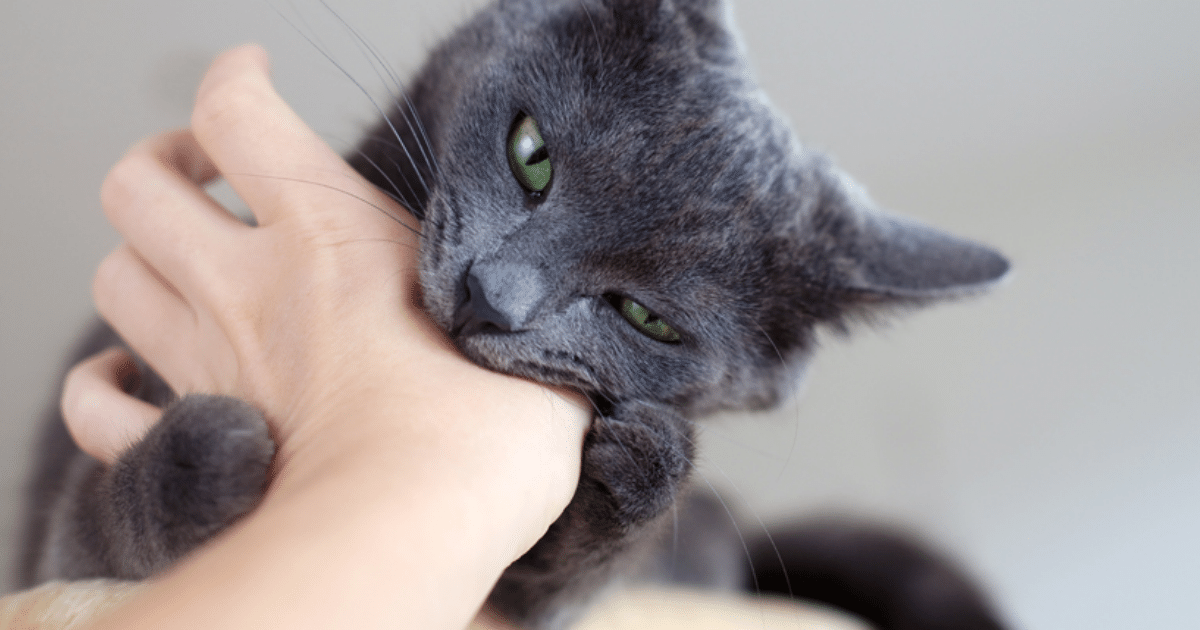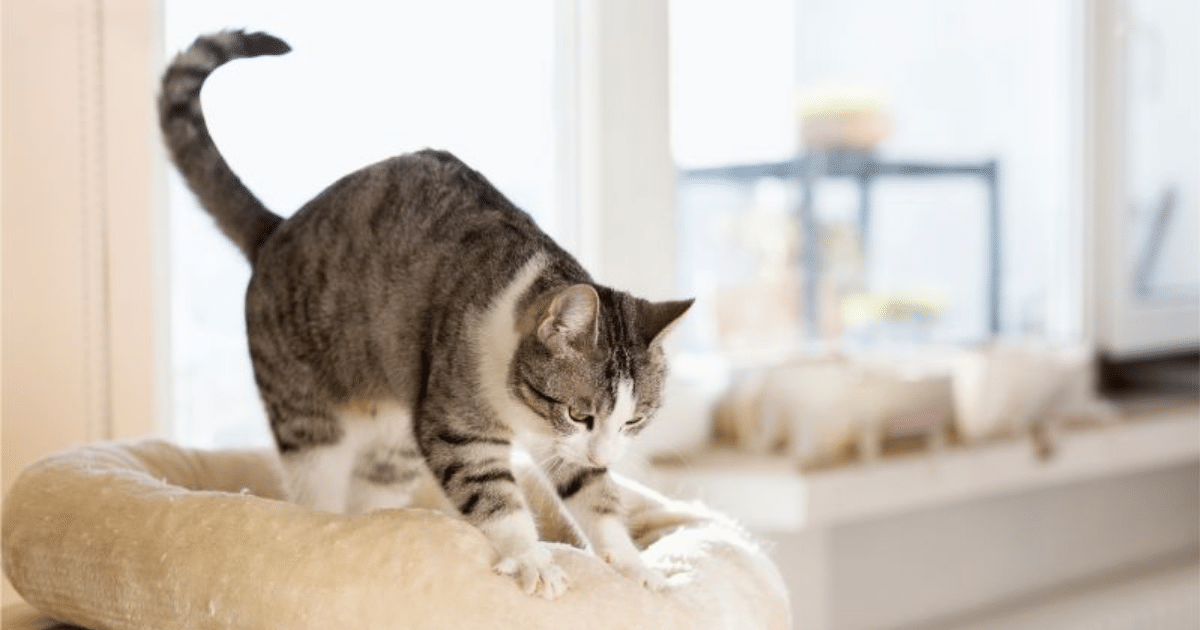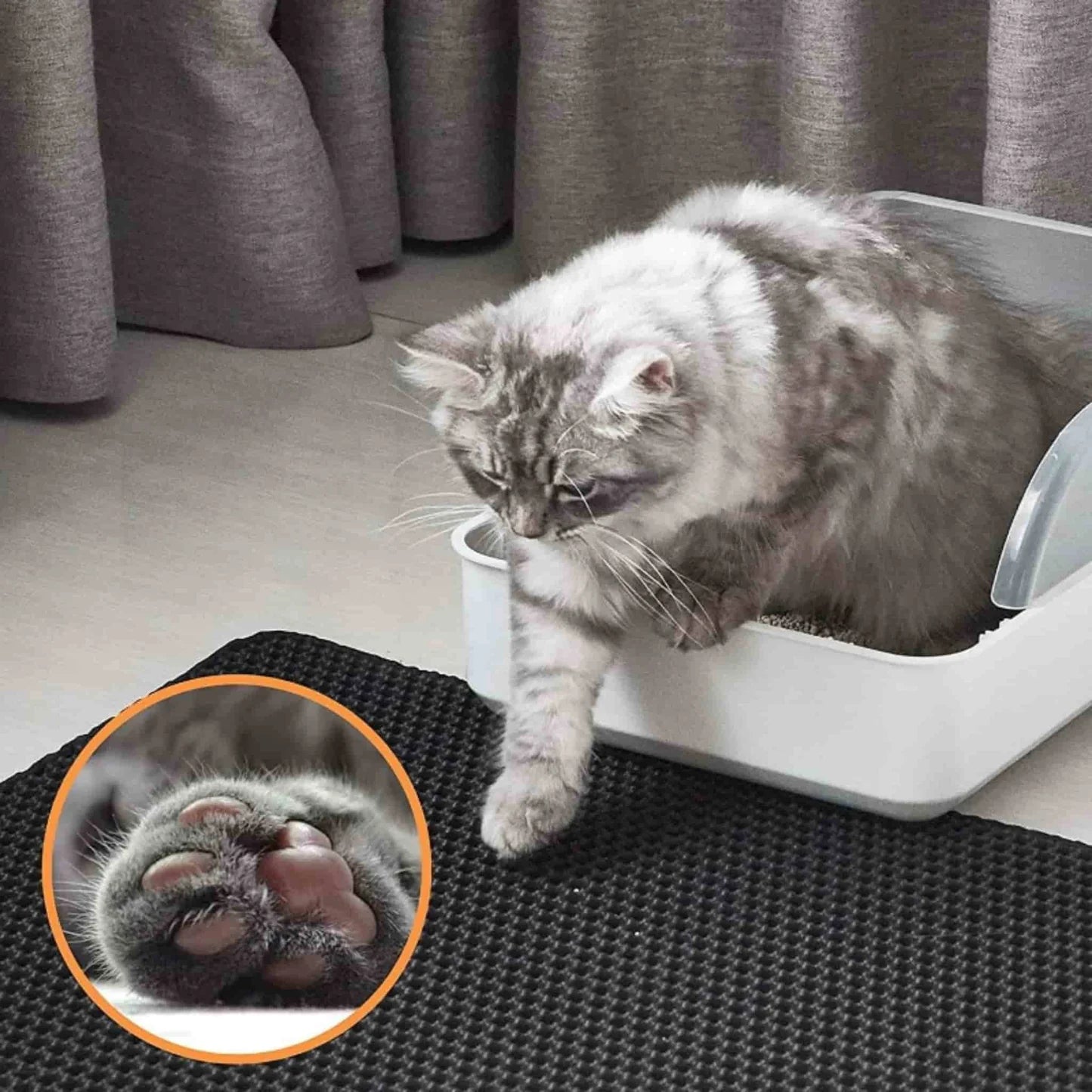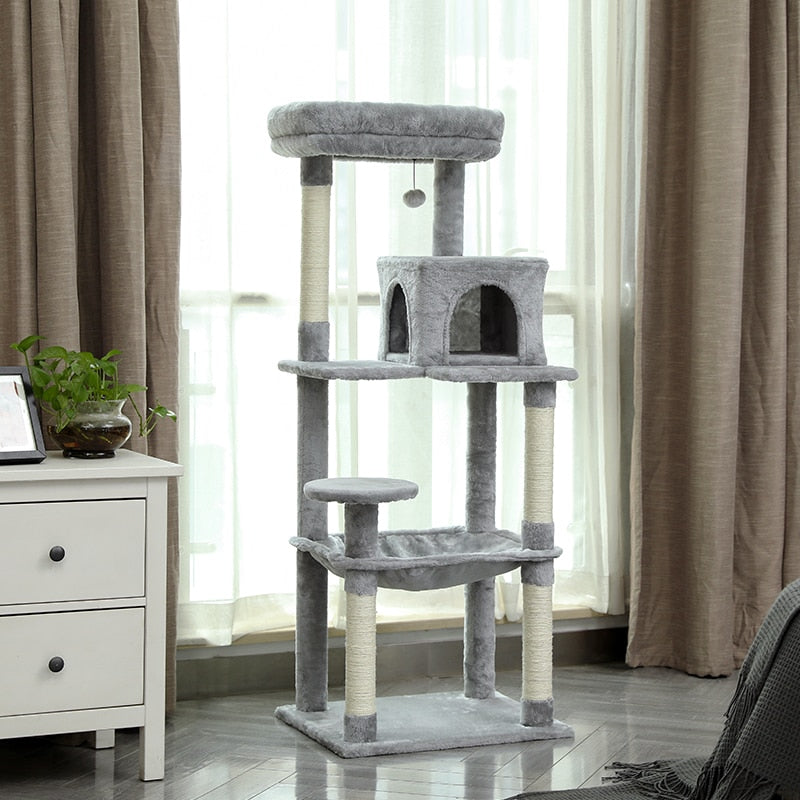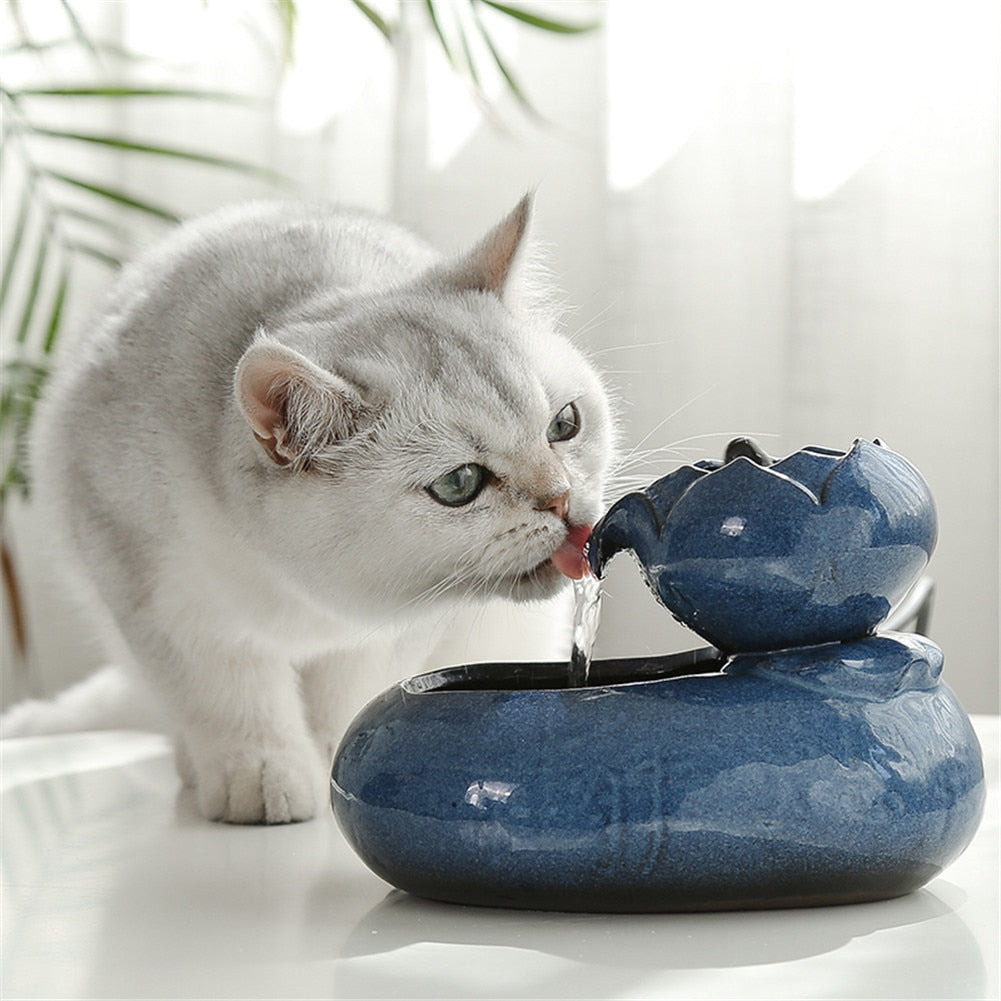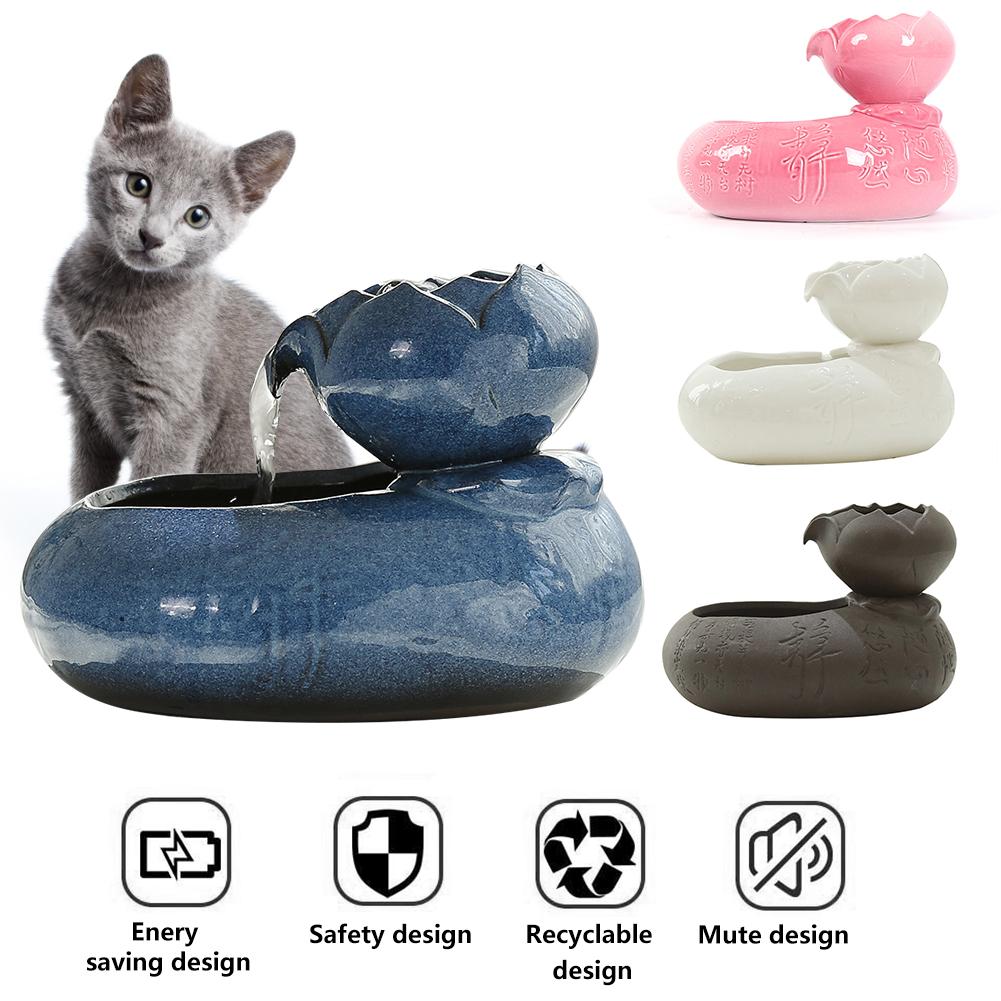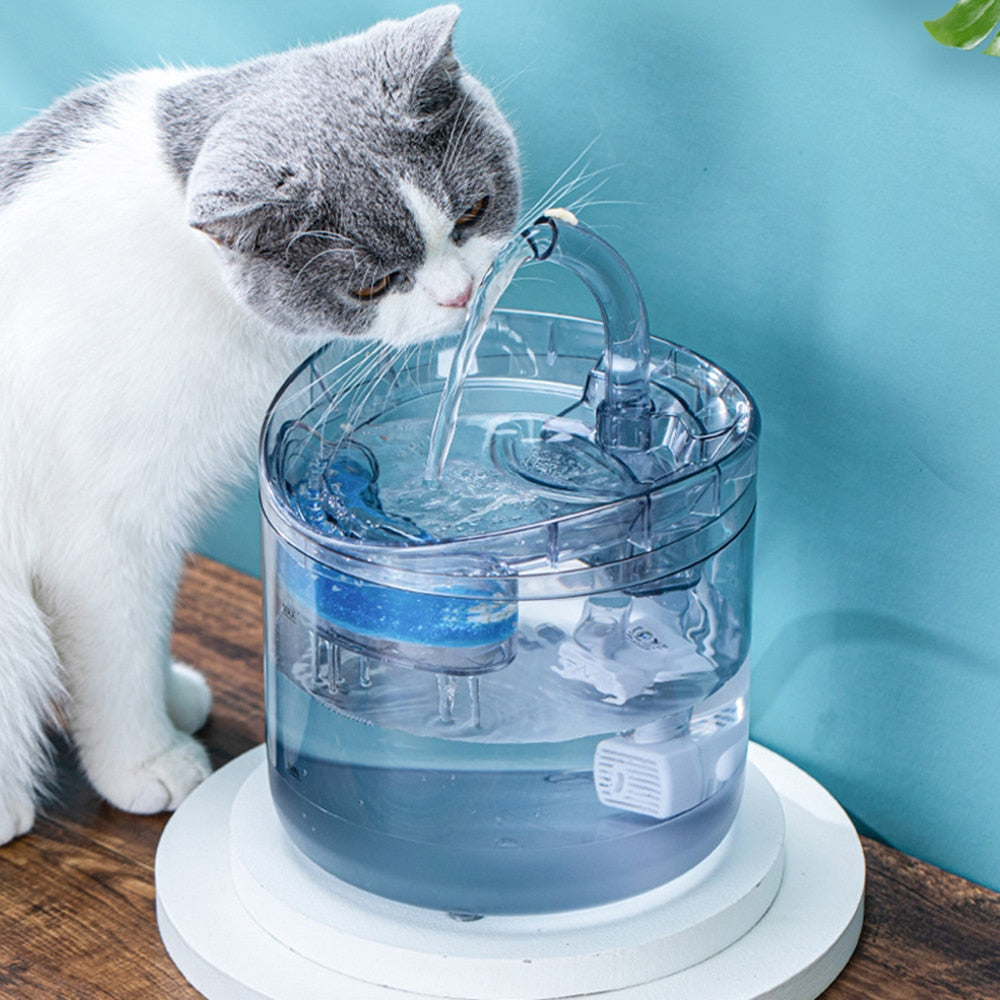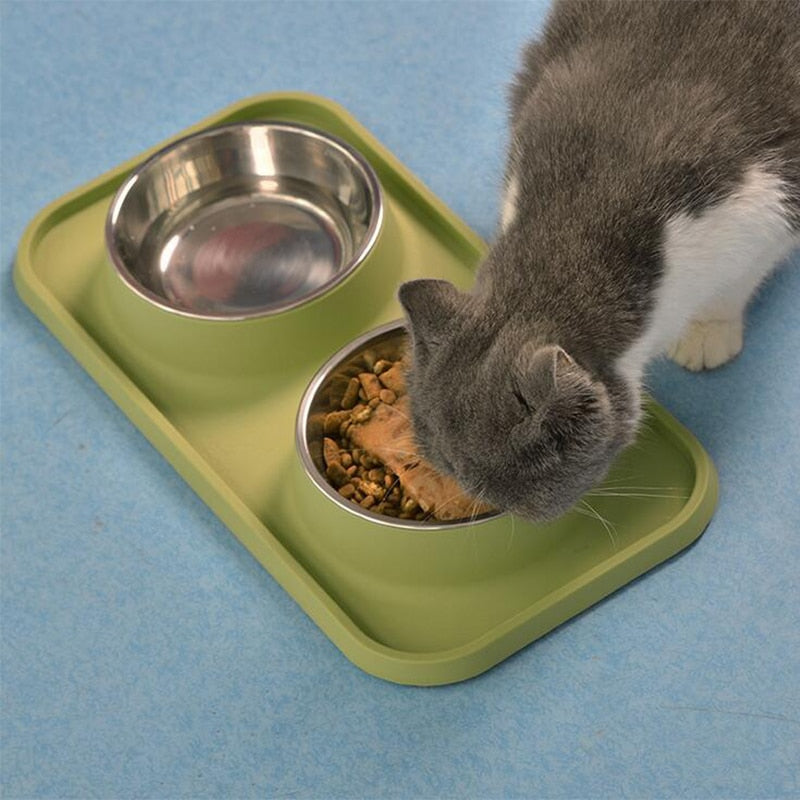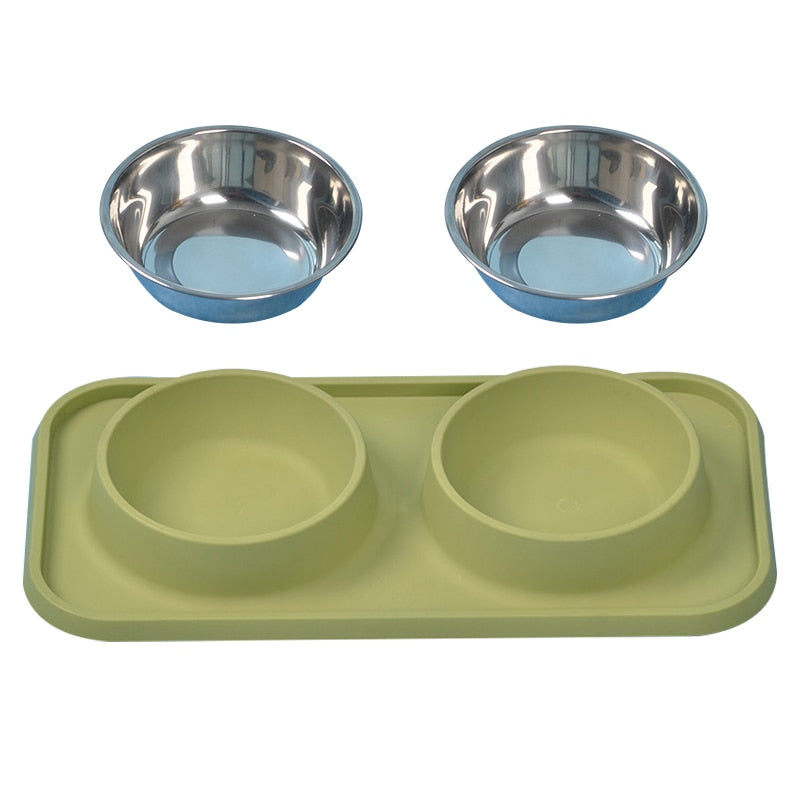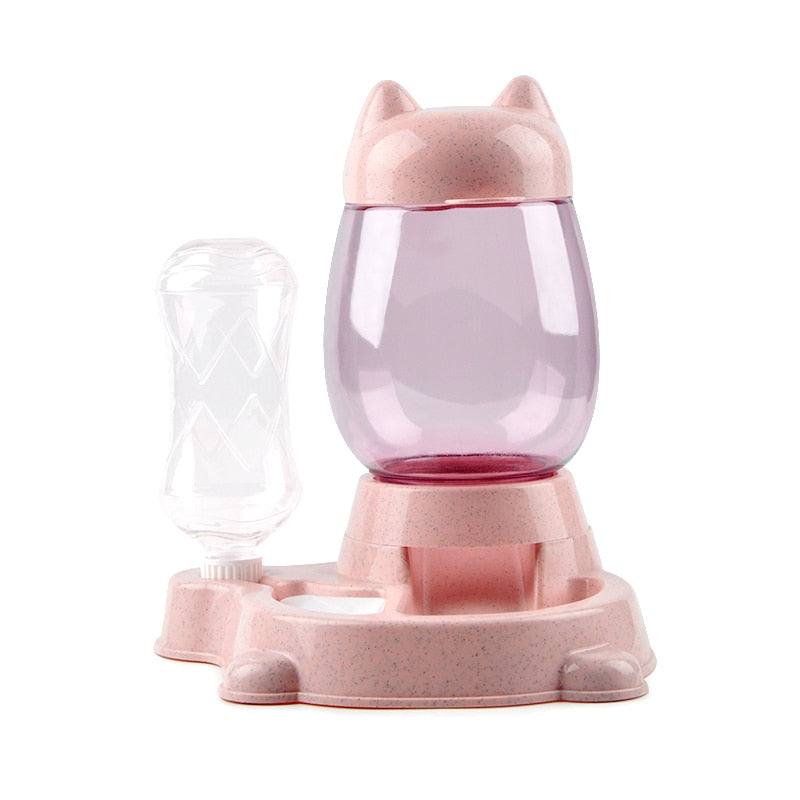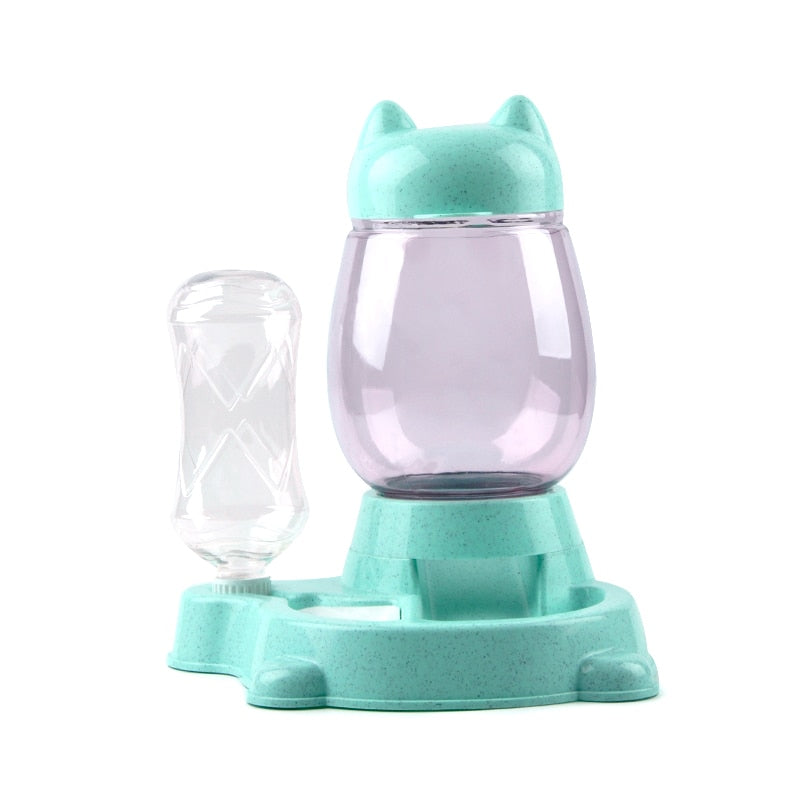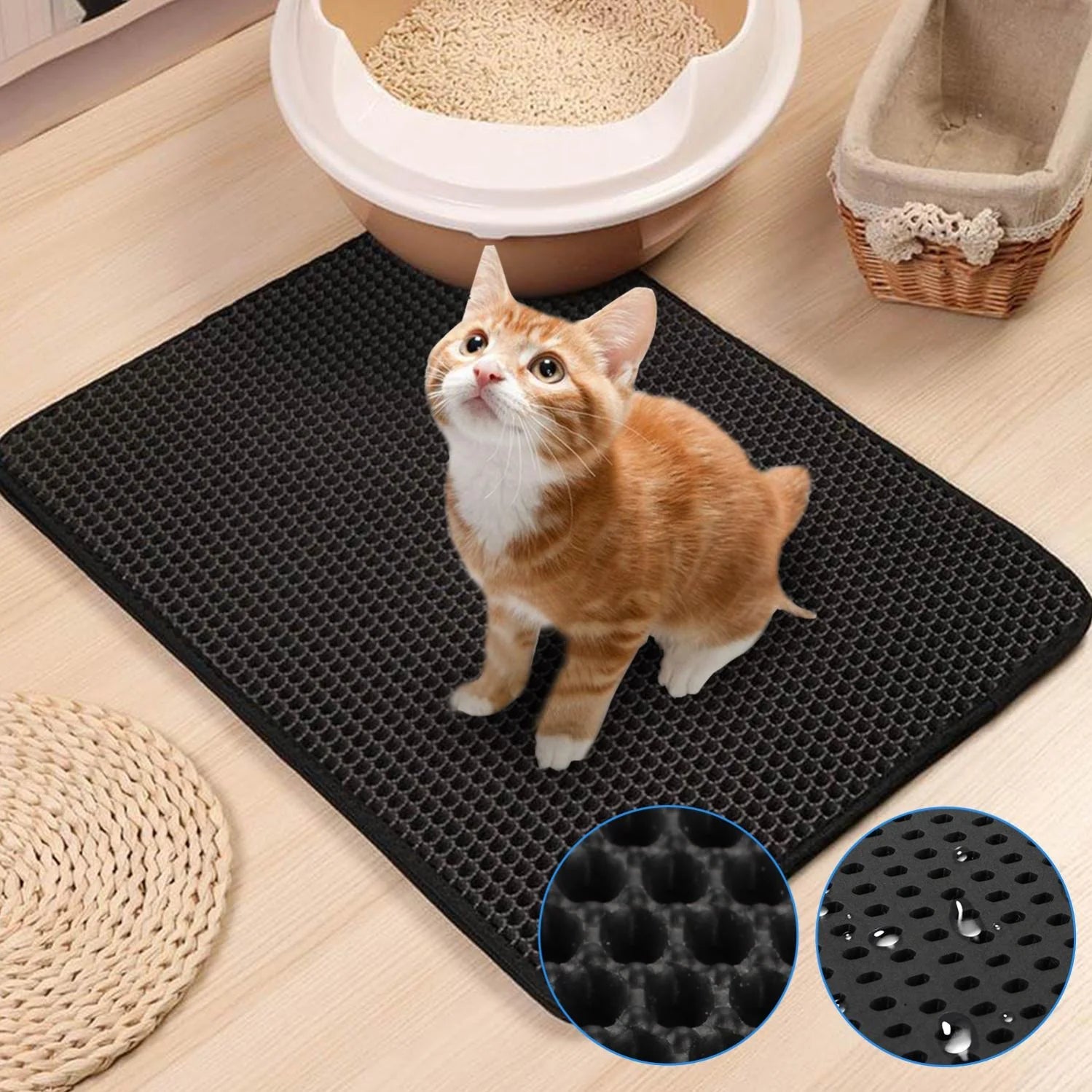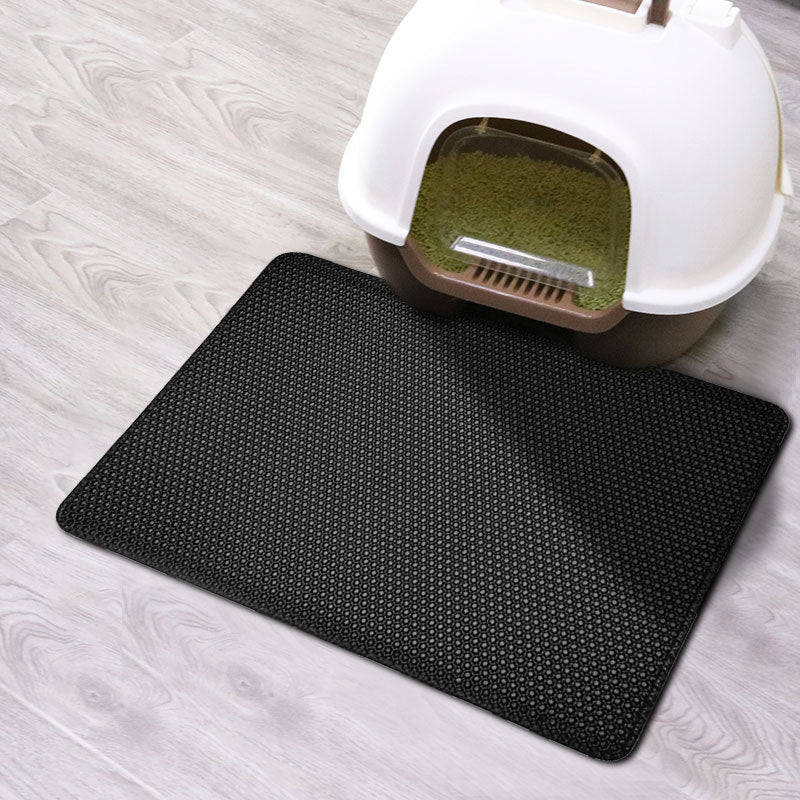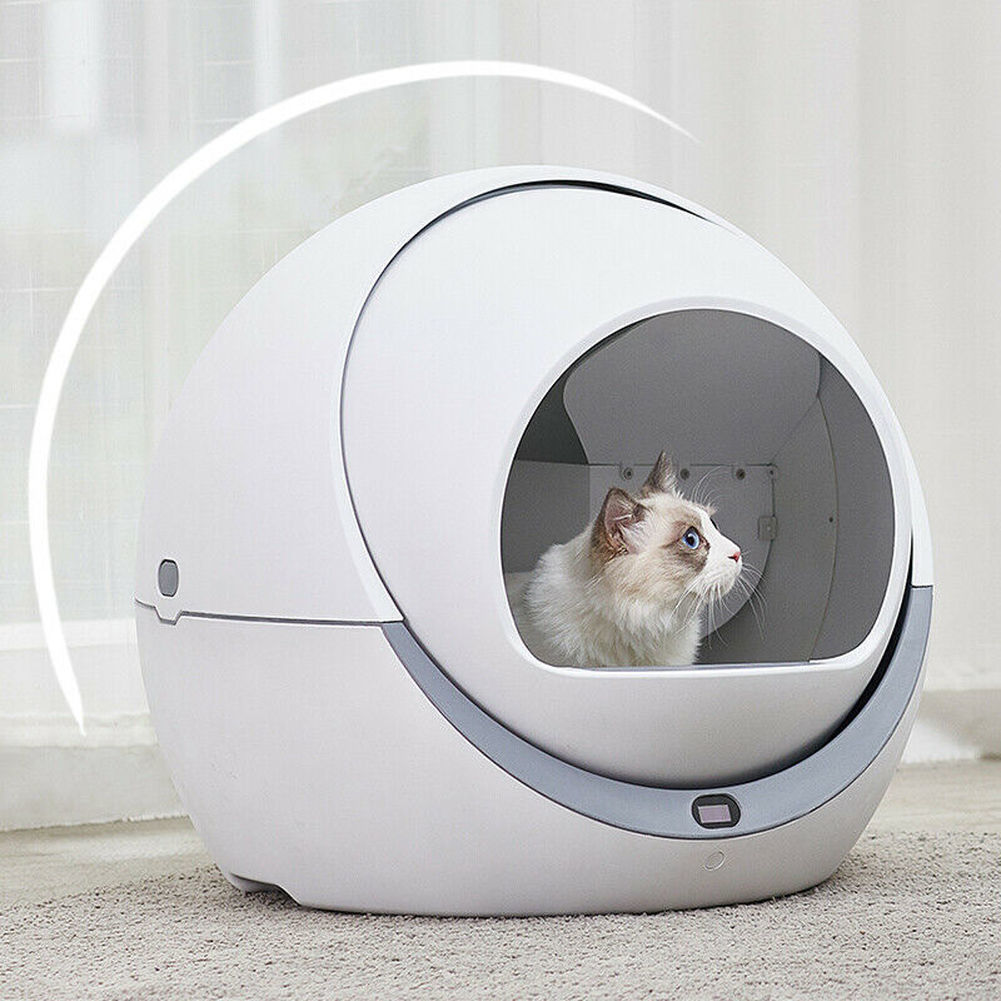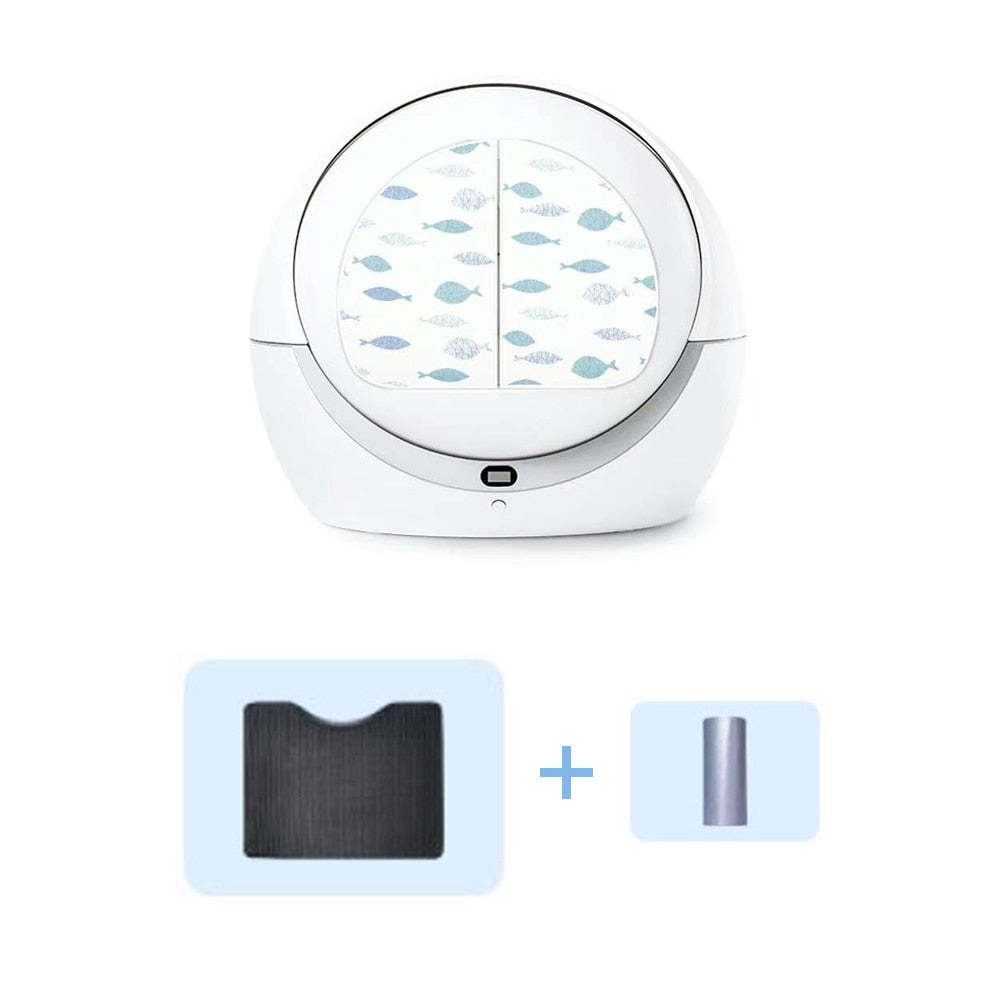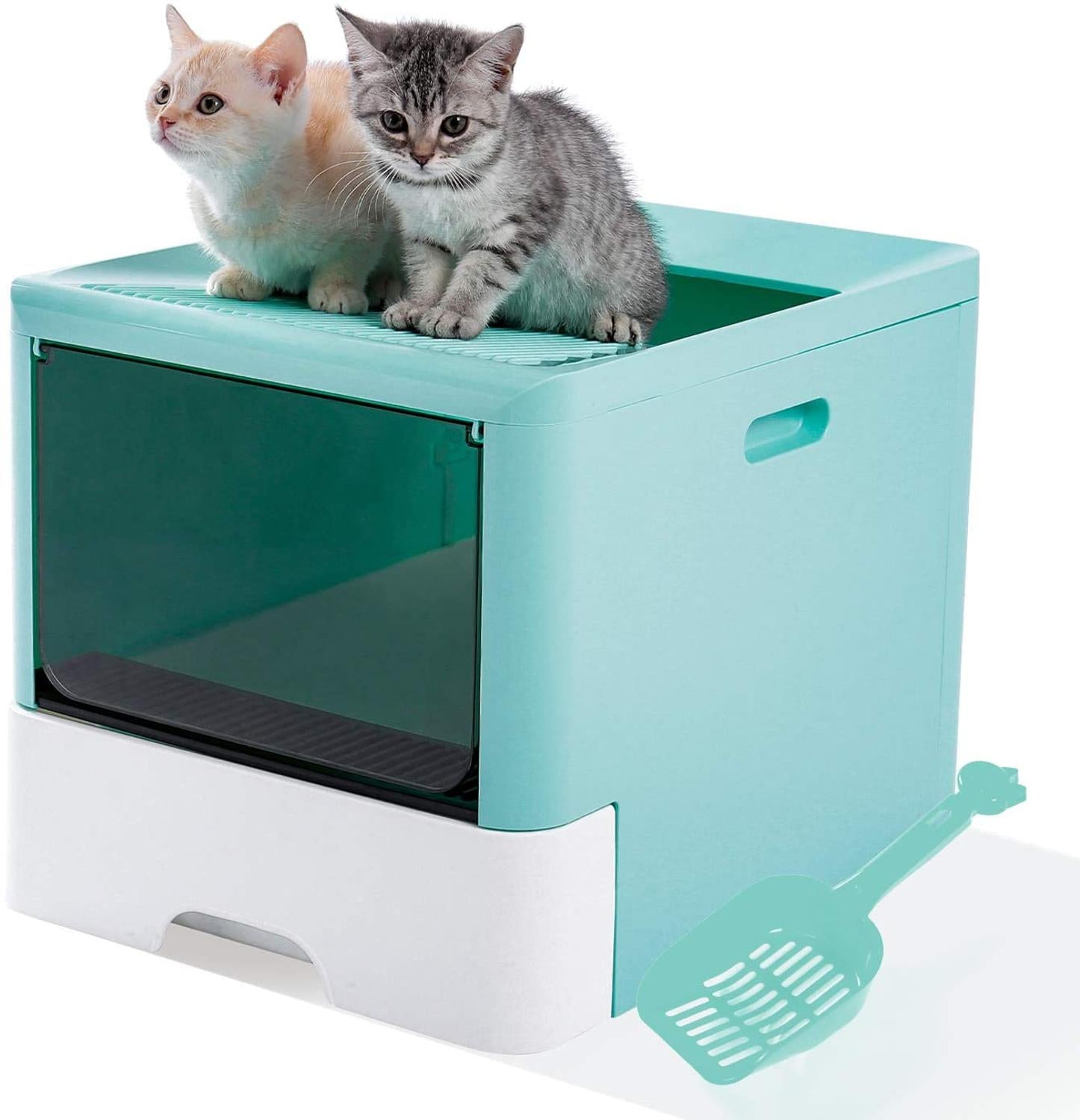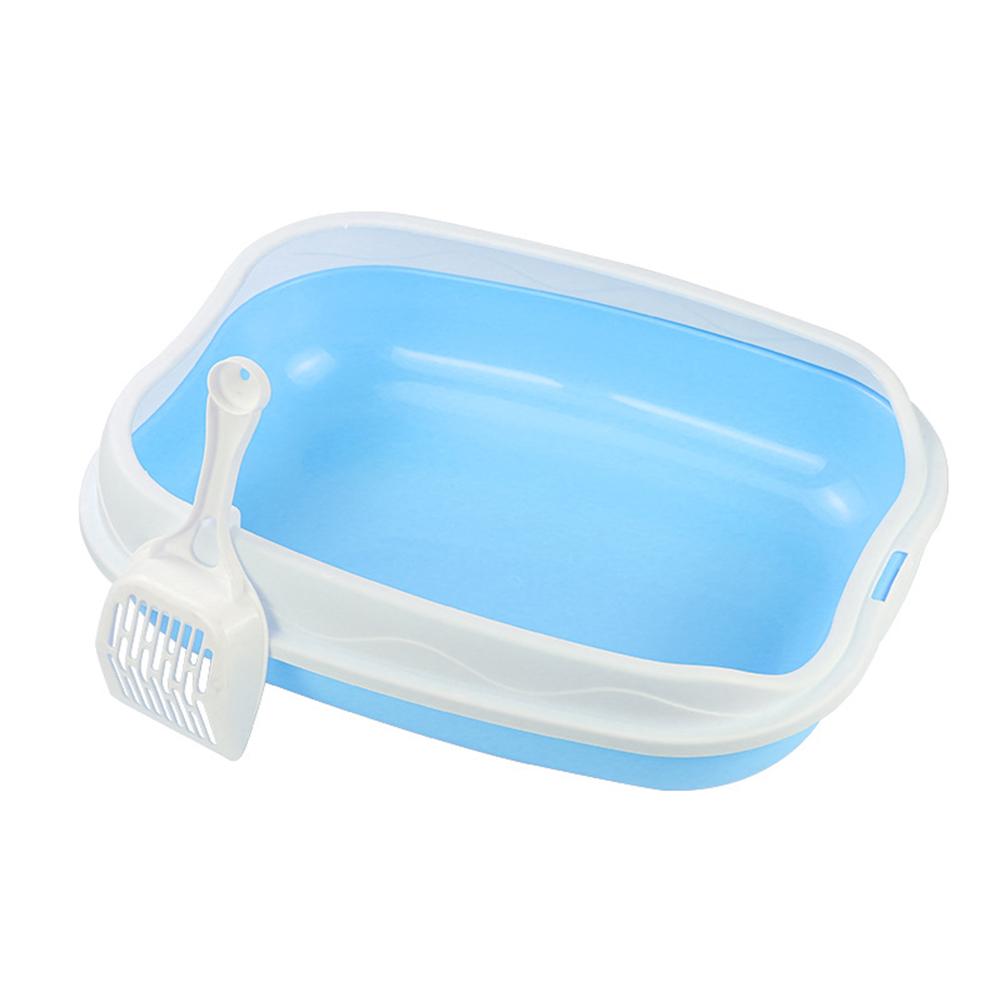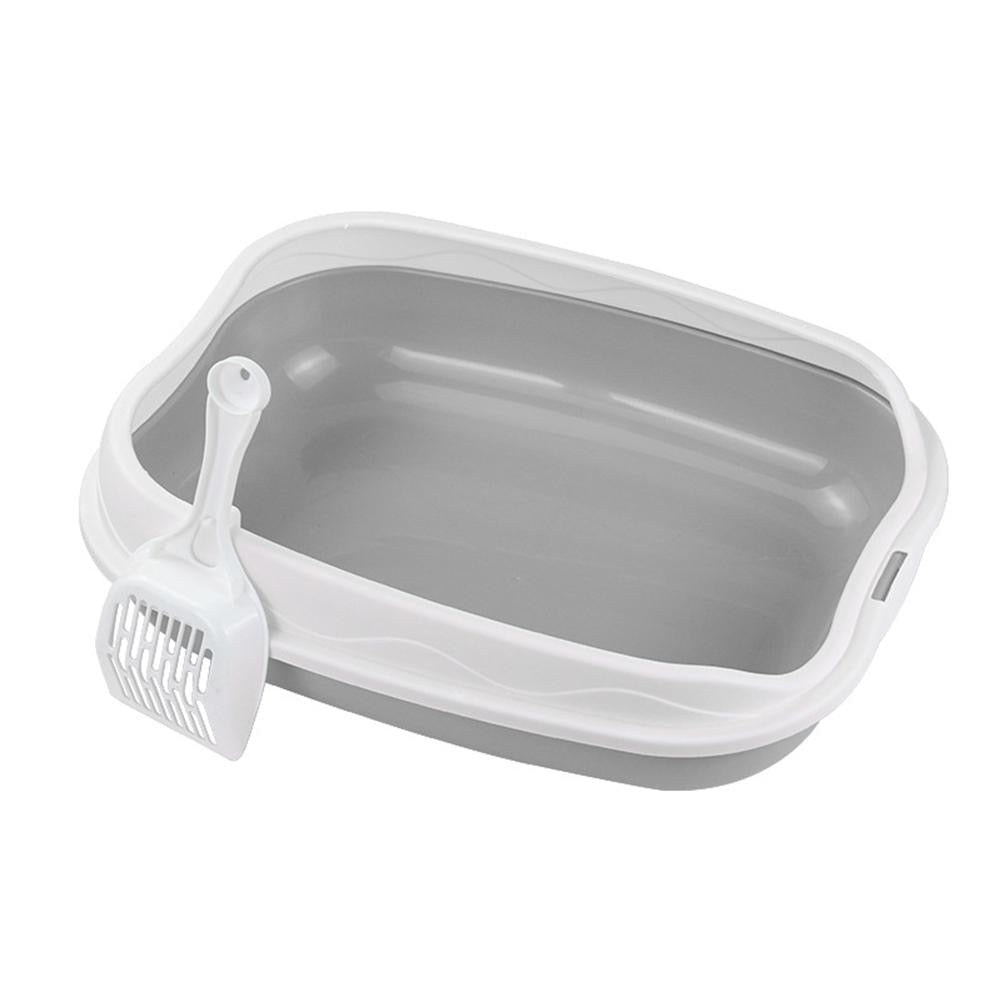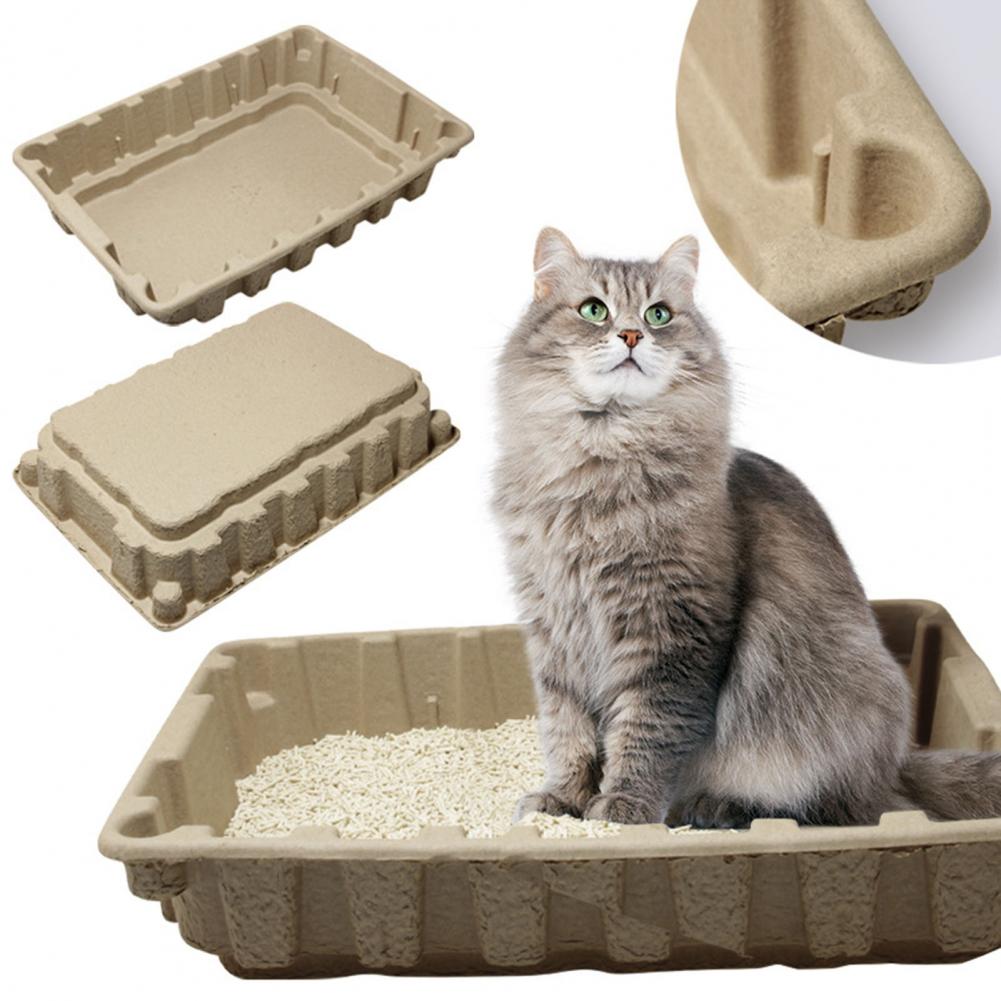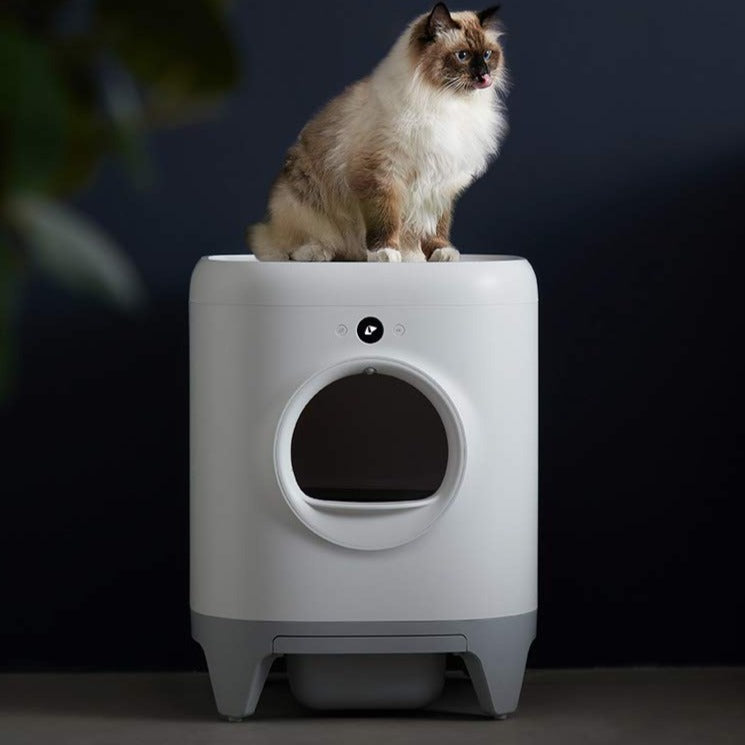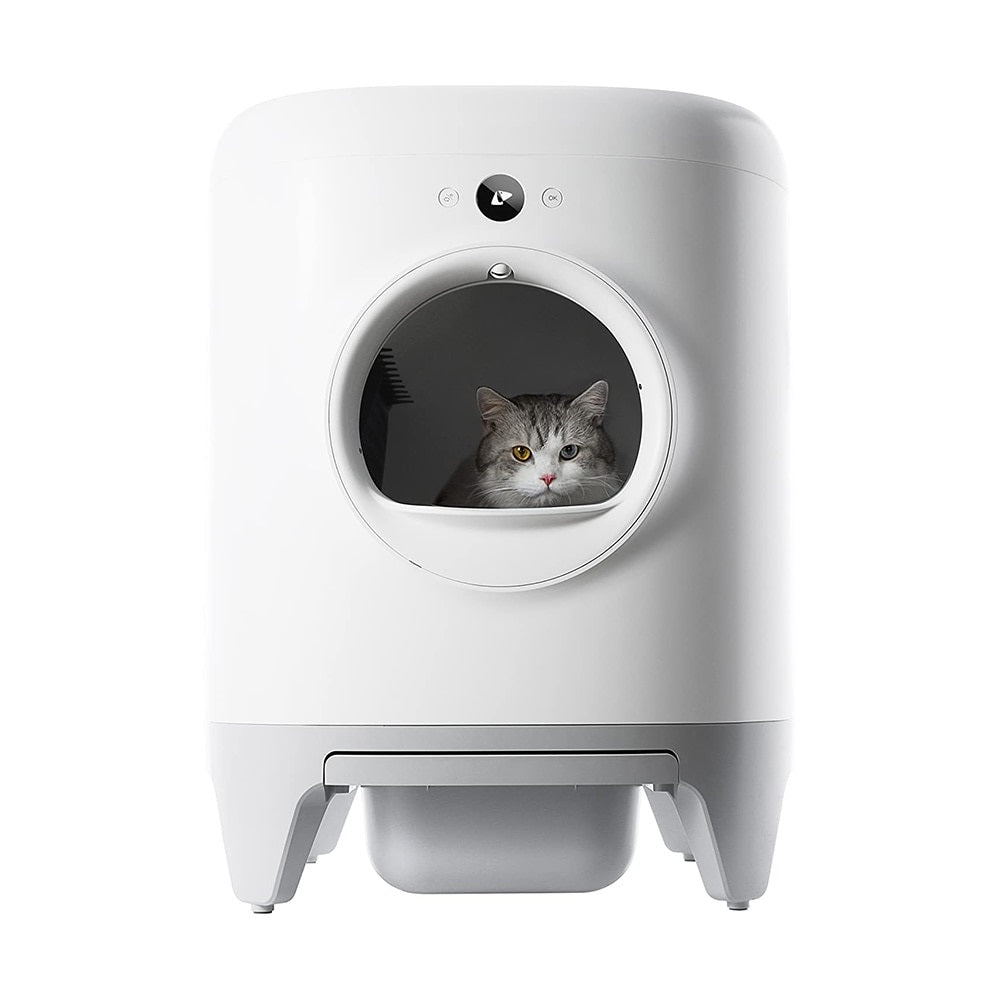Cat Vaccines: 10 Things you need to know
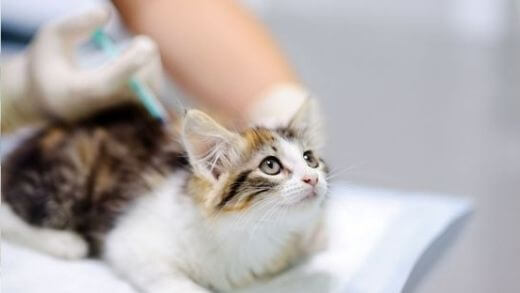
Vaccinate your cat: What you need to know to protect your cat
Whether he lives exclusively in your apartment (without ever going out) or is permanently outside, your cat is exposed to many diseases, which can be serious, extremely contagious and potentially fatal. To protect it effectively against these pathologies, there is a miracle solution: vaccines.
How does a cat vaccine work?
In the following, this article presents everything you need to know about this formidable prevention method necessary to preserve your cat's vitality.
Should I get my cat vaccinated?
Whatever his lifestyle, whether he lives in a house with access to the outside or in an apartment, the cat is exposed to many viral and bacterial diseases, which can most of the time be fatal.
If your cat has permanent access to the outdoors, it can easily be contaminated by other animals. Your cat lives in apartment and only occasionally out of the house may also very well be infected, including your chaucrack or clothing orsimple insect bites
In any case, although the vaccination your cat is not compulsory in France, you are strongly advised to do so, to protect him from these multiple diseases.
When to vaccinate your cat? Should we make reminders?
You should vaccinate your kitten as soon as possible, just after weaning, from the moment it is no longer protected by breast milk, i.e. around 8 weeks of age. So basically, it is recommended that you get your little hairball's very first vaccine around 2 months after birth.
About 1 month later, you will still need to go to the vet for a vaccine booster. Then, only one booster shot per year will be needed to protect your baby tomcat before the first symptoms of a given disease.
Against which diseases to vaccinate your cat?
Depending on the lifestyle of your cat and the places it will frequent, your cat will be exposed to many serious diseases, very contagious, and potentially fatal. These include typhus, coryza, leukosis, and also rabies.
Typhus
Still referred to as feline panleukopenia, typhus is an extremely contagious viral disease which mostly affects kittens and is fatal in 90% of cases, failing to cause severe gastroenteritis. As the virus is very resistant to the external environment, it can therefore be easily transported by humans to house cats, for example via shoes or clothing. Fortunately, the vaccine against this disease is particularly effective and will provide good protection for your cat.
Coryza
Caused by an association of several viruses and bacteria, coryza is also a very contagious disease, especially affecting cats living in communities. It manifests as an infection of the respiratory tract, including discharge from the muzzle, sniffling and sneezing. As this disease spreads very easily, it is enough for an infected cat to sneeze near an unvaccinated cat for the latter to be contaminated.
However, although coryza is a very common disease, it is not very fatal. Note also that a cat appearing in good health can carry the disease for many years, and fall frequently. This is why it is important to vaccinate your little feline against this scourge.
Leukosis
Spread primarily through saliva, blood and tears, leukosis is one of the most contagious and deadly diseases affecting cats. As the microbe responsible for this disease is not very resistant to the outside environment (cannot survive on shoes or clothes, and therefore cannot easily contaminate an indoor cat), the latter mainly affects cats with frequent access to outside. As this disease causes a deficiency in the cat's immune system, it is also often referred to as "cat AIDS".
In addition, it also causes anemia, and sometimes even tumors. In one in 3 cases the cat can recover from this disease on its own, in the other third it can become a healthy carrier and continue to spread the disease, and in the remaining third it dies. It is strongly recommended that you vaccinate your cat, who goes out frequently, against this disease.
Rabies
Of all these diseases, rabies is the one that has the particularity of being transmissible to humans. This is the reason why the rabies vaccine is compulsory for all cats leaving French territory or even those living in the infested departments. Unlike the vaccines for the aforementioned diseases which are given from the kitten's 8 weeks old, the rabies vaccine is given from 12 weeks, and will only be valid after 21 days.
Note that for your little feline to benefit from an anti-rabies vaccine, he must have an implanted identification chip and have a European passport.
Are cat vaccines compulsory?
Among the vaccines for typhus, coryza, leucosis and rabies that a veterinarian will do, only that for rabies is strictly mandatory in France if your cat leaves French territory.
Indeed, as rabies is the only disease among these that can be directly transmitted to humans, it is therefore the most formidable. Thus, for any cat living in a particularly infested department or who intends to go to a foreign country, it is imperative that he be vaccinated against rabies.
As for other vaccines, they are strongly recommended by health professionals to effectively protect your hairball against extremely contagious and potentially fatal diseases.
What is the price of a cat vaccine?
To effectively vaccinate your cat, from an early age, count between 120 and 160 euros per year and double the price for a kitten. It is true, it is quite important as a sum, but know that you can be reimbursed for part of the initial costs or even all of the vaccine booster costs, if you take out good health insurance. for cat.
If you do not have the means at all, you can always turn to charitable dispensaries, such as those of the animal assistance foundation.


